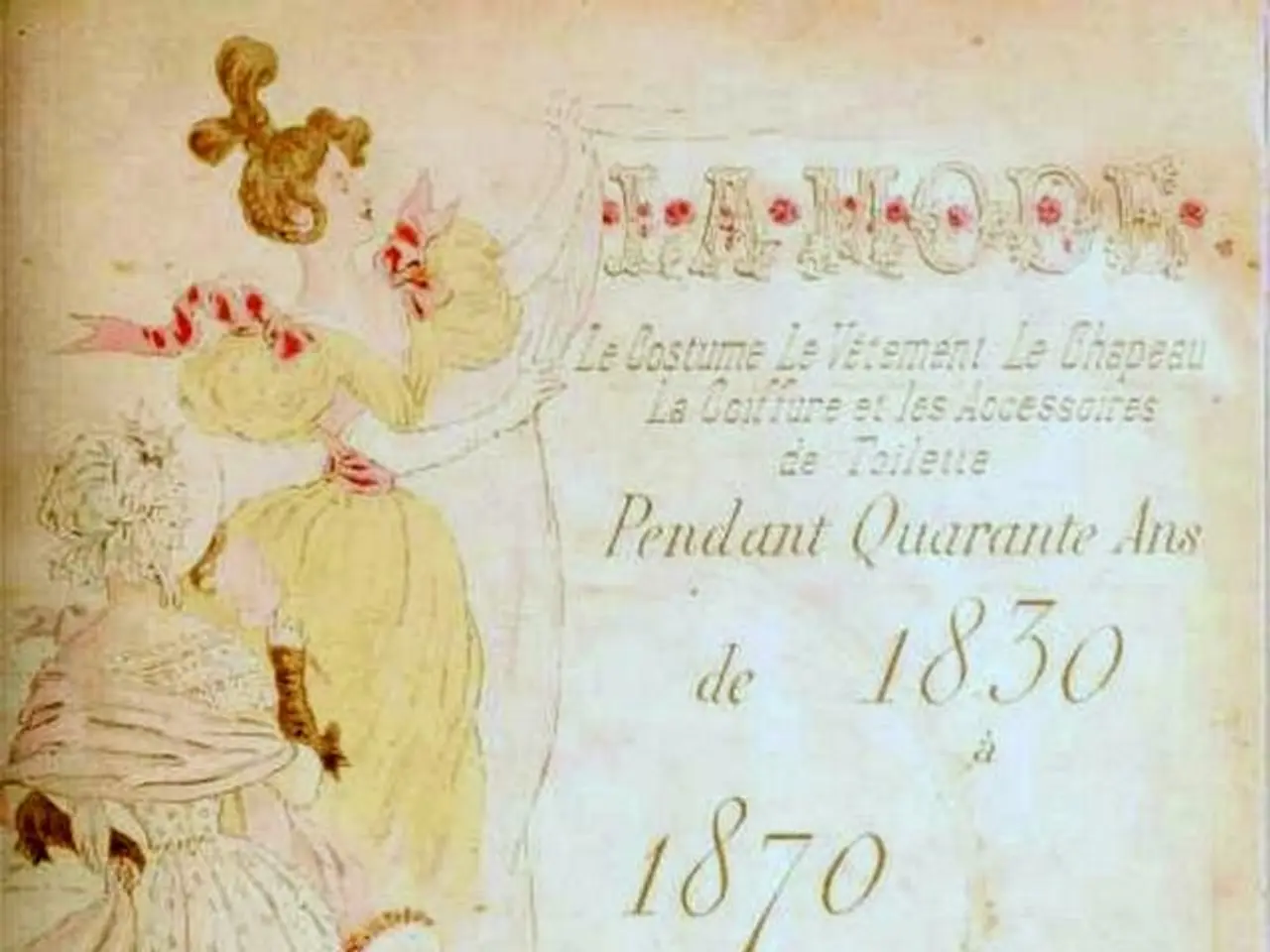Analysis Tools Enhancing Humanitarian Operations
The United Nations has teamed up with Qlik, a leading visual analytics platform, to support data analysis, visualization, and reporting related to Sustainable Development Goals (SDGs), gender statistics, and UN Comtrade data. This partnership is part of Qlik's Corporate Social Responsibility "Change Our World" platform.
UN data specialists and analysts are now utilizing Qlik, alongside other visualization tools such as Power BI and Tableau, to enhance data storytelling and reporting for sustainable development and gender-related statistical analyses. This collaboration is aimed at improving data quality, visualization, and interoperable digital tools that monitor progress on sustainable development and gender statistics.
One of the key applications developed by the UN in collaboration with Qlik is the Data Portal for Minimum Set of Gender Indicators. This portal presents key gender statistics from fields including education, labor market, and health, making it particularly important for measuring differences in the social and economic situations between women and men.
Another significant application is the UN Comtrade analytics app, designed by the UN Statistics Division. This app contains interactive visualisations of downloadable time-series data that reflect the very latest trade data available in UN Comtrade. The app displays countries' export and import data in a world map that is color-coded by trade intensity, and can be customised by selecting individual or multiple countries, regions, and/or commodities, and time periods. It visualises trade balances, top trading partners, top traded commodities, and more.
The UN's Secretary-General, Ban Ki-moon, emphasized the importance of working together to address new approaches to finance, investment, trade, and technology. He stated that problems in one country can affect others, and it is important to make the most of collective strengths to address these issues.
Lars Björk, CEO at Qlik, shared his enthusiasm for the UN's vision for leveraging all of their data and making some of that data available to citizens of the world. He stated that the power of what they do is not about the data, but what data does for people. According to Björk, the power of data will have transformative global effects when unlocked through visual analytics.
The applications developed by the UN in collaboration with Qlik aggregate and present information in an easy-to-use format for valuable insights. They aim to provide actionable information for diplomacy and humanitarian relief missions, and to support the UN in its mission to identify and track improvements to barriers to population wellbeing using the vast amounts of data available to them. The UN's Office of Information and Communications Technology (OICT) is using Qlik's platform to create applications that advance UN missions.
- This collaboration between the UN and Qlik, a data-and-cloud-computing technology firm, is integral to the policy-and-legislation process, as it aims to improve data quality, visualization, and create interoperable digital tools for monitoring progress on sustainable development and gender statistics.
- The general-news coverage of the UN's partnership with Qlik often highlights the importance of the technology in the political realm, as it provides actionable information for diplomacy and humanitarian relief missions, ultimately supporting the UN's mission to identify and track improvements to population wellbeing using data.




